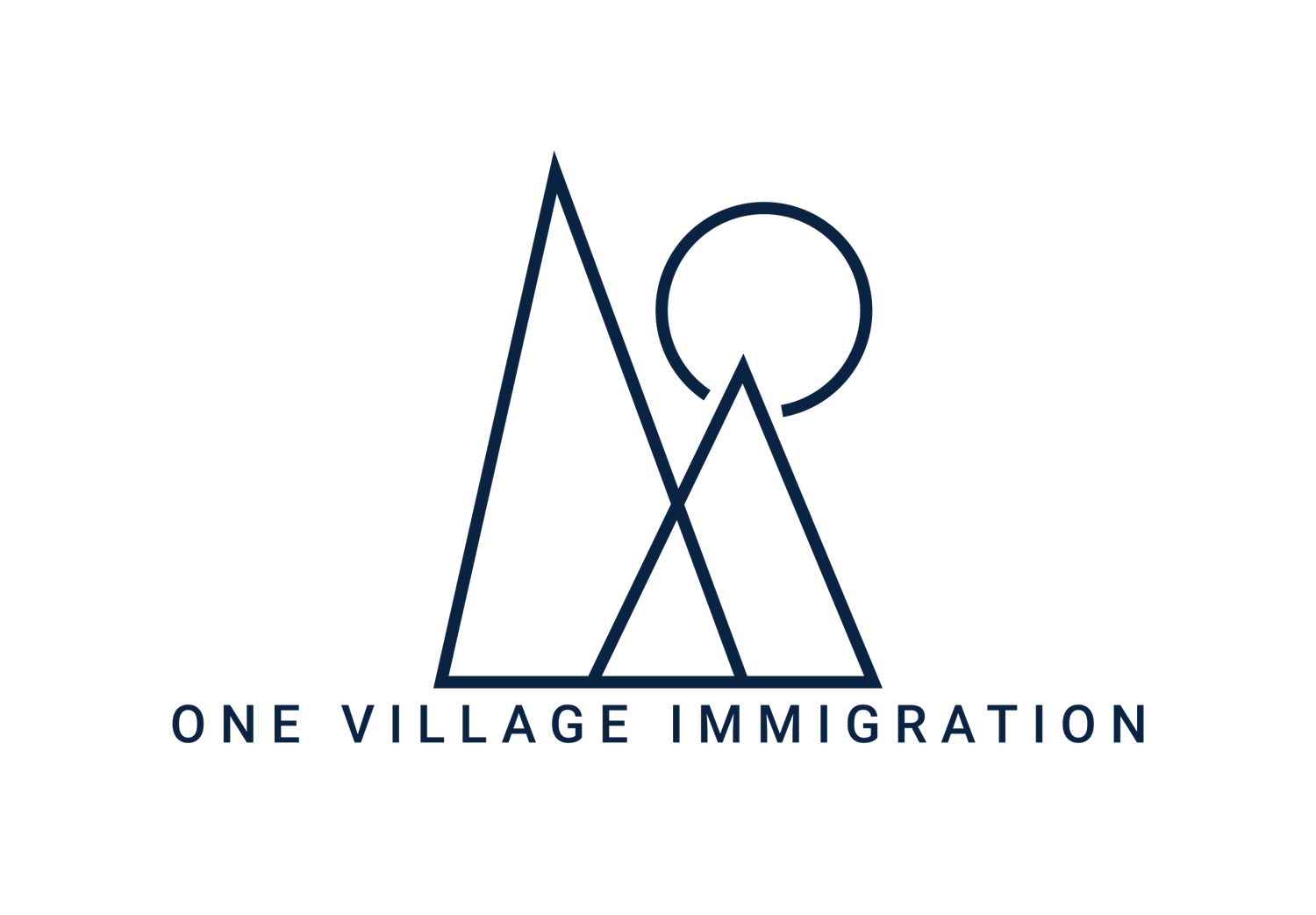The Cornerstone of Asylum Seekers' Stories: The Importance of the Basis of Claim Form in Canada's Refugee Hearing Process
Introduction
Canada has a well-established system for determining refugee status, aimed at protecting individuals fleeing persecution, violence, and human rights abuses. A pivotal component of this process is the Basis of Claim (BOC) form, which serves as the foundation of an asylum seeker's narrative and their case for refugee protection. In this blog, we will explore the crucial role that the Basis of Claim form plays in the refugee hearing process in Canada.
What is the Basis of Claim Form?
The Basis of Claim form is a comprehensive document that asylum seekers in Canada must complete when they make a refugee claim. It serves as the primary vehicle for applicants to present their case and explain the reasons they fear persecution or harm in their home country.
Importance of the Basis of Claim Form:
Structured Narrative: The BOC form provides a structured framework for asylum seekers to present their stories in a clear and organized manner. It helps individuals lay out their experiences, providing a chronological account of the events that led them to seek refuge in Canada.
Documentation of Persecution: The BOC form allows asylum seekers to provide detailed information about the specific acts of persecution, violence, or discrimination they have experienced or fear in their home country. This documentation is critical for establishing the validity of their refugee claim.
Clarifying Legal Grounds: Asylum seekers must specify the legal grounds on which they are seeking refugee protection, such as race, religion, nationality, political opinion, or membership in a particular social group. The BOC form prompts claimants to explain how these grounds apply to their case.
Supporting Evidence: Alongside the BOC form, asylum seekers are encouraged to submit supporting evidence, such as documents, photographs, and affidavits, that corroborate their claims. This evidence reinforces the credibility of their story.
Aids Decision-Makers: The information provided in the BOC form helps decision-makers at the Refugee Protection Division (RPD) of the Immigration and Refugee Board (IRB) assess the credibility and merits of the refugee claim. It guides them in making informed decisions about whether the individual qualifies for refugee protection.
Consistency and Completeness: Filling out the BOC form ensures that asylum seekers include all relevant details and supporting evidence in their claim. This helps prevent important information from being overlooked during the refugee hearing.
Legal Representation: Many asylum seekers benefit from the guidance of legal counsel or representatives who assist in completing the BOC form. Experienced lawyers specializing in immigration and refugee law can help applicants articulate their claims effectively.
Conclusion
The Basis of Claim form is more than just paperwork; it is the key to unlocking the asylum seeker's story and establishing their eligibility for refugee protection in Canada. By providing a structured narrative, documenting persecution, clarifying legal grounds, and supporting evidence, the BOC form is an indispensable tool in the refugee hearing process. It ensures that asylum seekers have a fair and structured opportunity to present their case and seek refuge from persecution in a country that values human rights and compassion.

